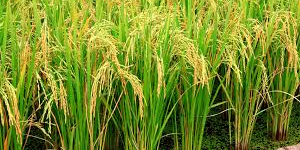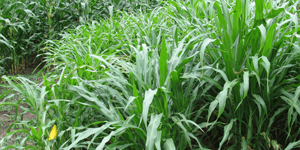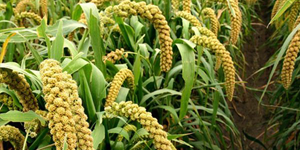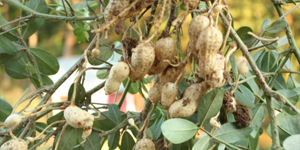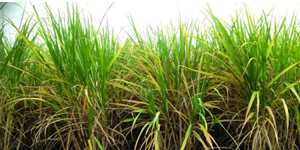Basic Research / Discovery
Identification of novel genes and miRNAs in various plant species / specific tissues and understanding their mechanism of action and regulatory roles
At the basic research level, sequencing the transcriptome of an organism provides a comprehensive resource for further in-depth molecular and functional studies.

Sequencing of mRNA and miRNA using next-generation sequencing (NGS) technologies (RNA-seq) has the potential to reveal unprecedented complexity of the transcriptomes of many agriculturally important plant and animal species. Transcriptome sequencing enables identification and isolation of genes of interest and affords an opportunity for utilization of favorable genes or alleles.
miRNAs play important roles in plants by regulating a wide range of biological processes, such as development, hormone signaling, and stress response, by inhibiting target genes at the post-transcriptional level. miRNA sequencing in plants can uncover the roles that specific miRNA genes play in traits such as drought tolerance in economically important forage crops. Sequencing plant degradomes enables identification of key miRNA-target regulatory circuits necessary for functions like development and cycles of dormancy.
Read more about how LC Sciences is helping agricultural researchers to:
Agricultural Genomics – Discovery Research Services
LC Sciences offers a portfolio of services to facilitate basic research in agricultural genomics. Contact us to find out more.
Experienced Service Provider – LC Sciences has been providing RNA discovery, profiling and related bioinformatics services since 2005 and our experts have examined thousands of varied RNA datasets, giving us unique insight into transcriptomics. We have sequenced over 75 different agricultural pest/pathogens, over 85 different plant species and over 100 different species of animals. Much of this data has been published in peer-reviewed journals.


